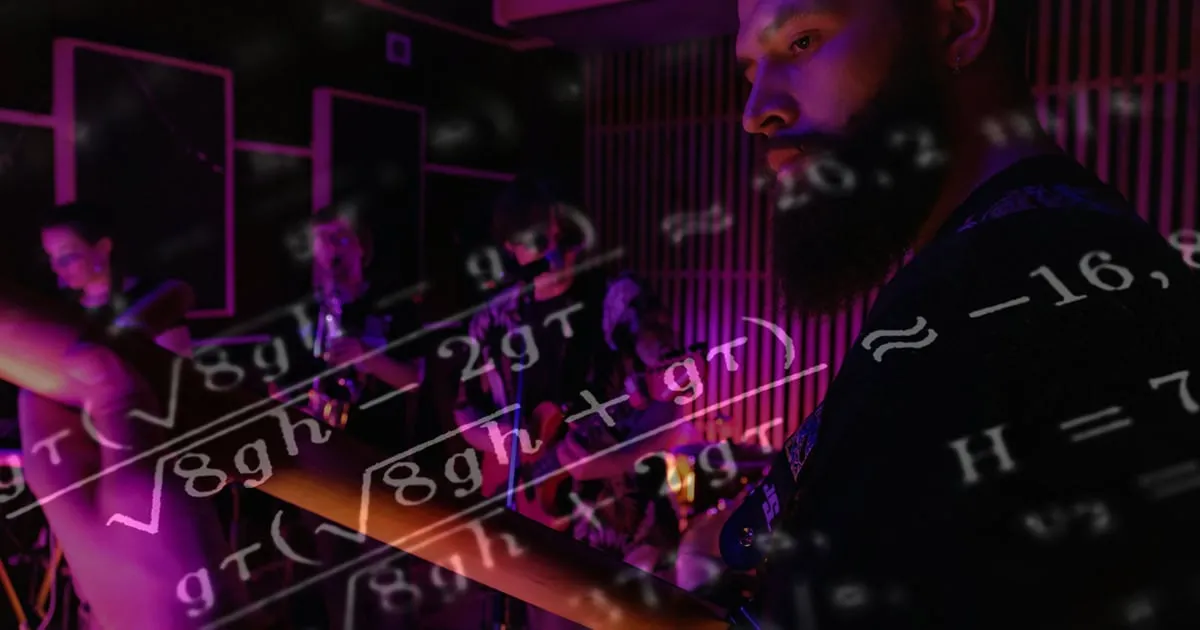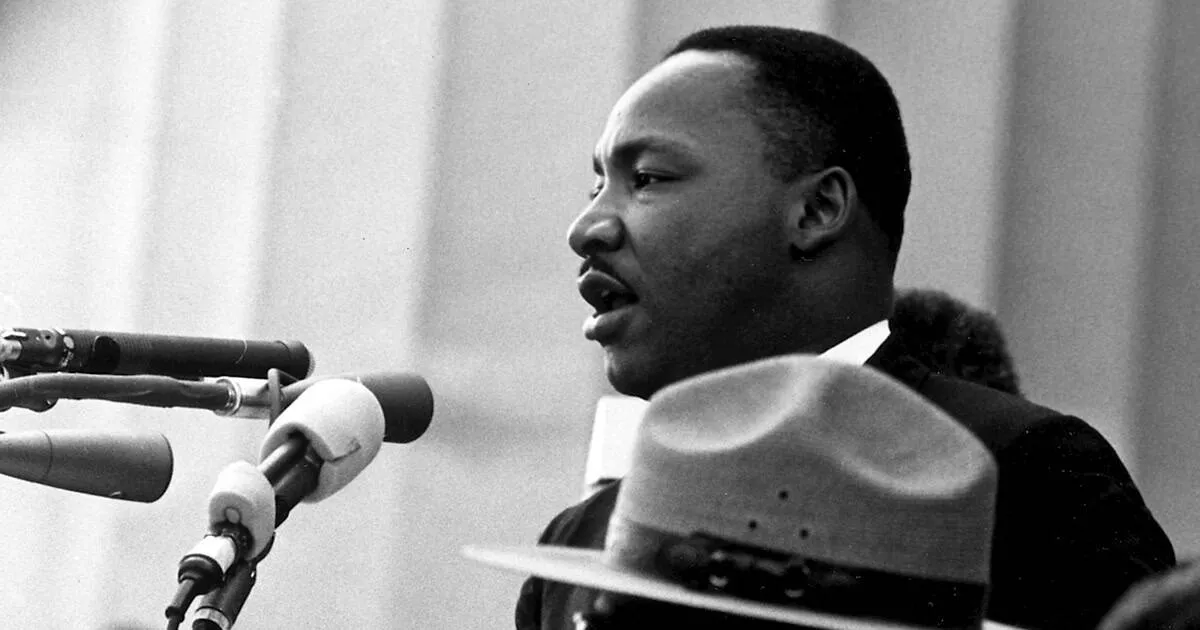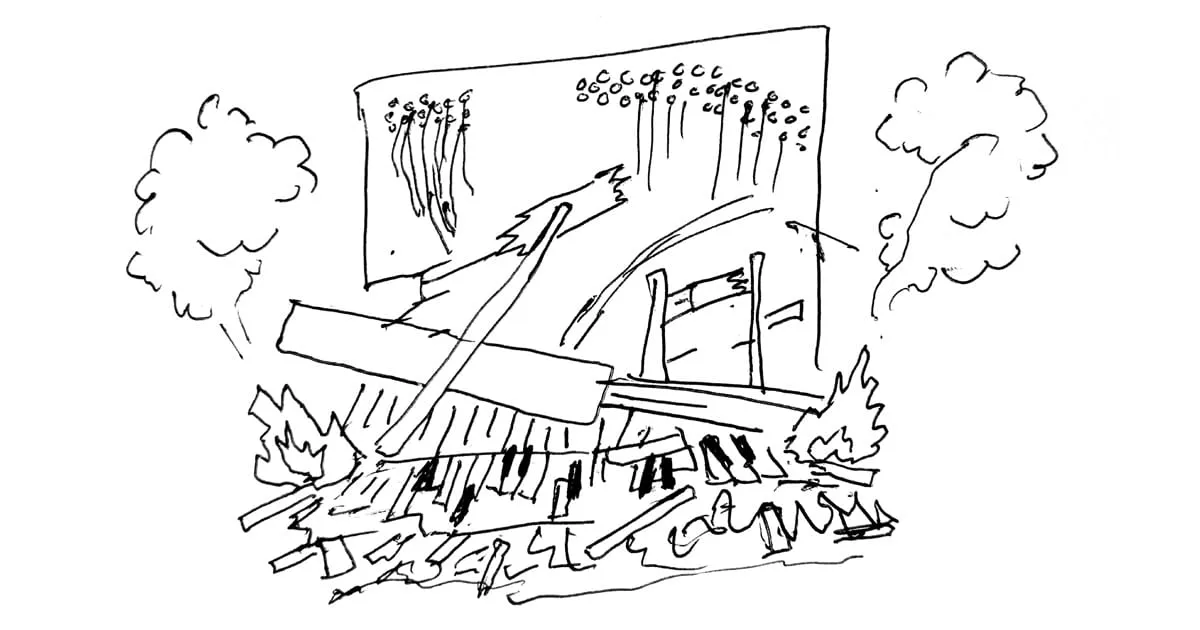___________________________________________
By Joyce Kettering, a songwriter, composer, music licensing expert, and teacher of the Get Your Music Licensed! program.1000,000 streams on Spotify will get you approximately $3,000 in royalties.1 MILLION! Can you even hit that target in a whole year? I’m not even sure I could make it in TEN years!Here are 6 different ways you could make $3,000 with music licensing. It might take you a whole year when you’re first starting out, but it certainly won’t take you 10 years to get there!If you want more guidance on how to license your music, Dave Kusek and Joyce Kettering will be hosting a free webinar on Wednesday, October 11th at 1PM EST. They will be sharing her best music licensing tips that Joyce has personally used to successfully get her music licensed time and time again.Click here to sign up for the live webinar OR sign up to get the recorded replay.
So here it goes…
Step 1: Get Your Music Ready for Licensing
Pick 3 to 5 Tracks From Your Catalogue
If you’re not sure they’re good enough, try anyway. You’ll soon find out. There’s nothing that kills the musician’s ambitions quite like perfectionism. Still, here are a few guidelines to keep in mind.- Songs and/or instrumentals are fine. Explicit lyrics very rarely are.
- No samples! Apple loops and such are fine. Samples from other artists’ work or copyrighted speeches are not.
- You should own the rights to the tracks you’re submitting. In case of co-authors, make sure you’re all on the same page and ok to seek out licensing opportunities.
- Check with your publisher and/or label (if you have one) before you doing anything with your music, including look for licensing opportunities.
Export MP3 and WAV Files
Export high quality MP3s (preferably 320kbps) and WAV files (preferably 24bit, 48kHz). Note that I wrote “preferably.” Again, if for whatever reason you can’t export your songs in those formats, just pick the next best option available! For example, an MP3 256kbps or a WAV 16bit, 44kHz).Here are some basic guidelines to keep in mind when it comes to audio quality:- 24 bit > 16 bit
- 320 kbps > 256 kbps > 128 kbps
- WAV = AIFF > MP3
- 48kHz > 44kHz for any music that will be used on video (not in quality but simply because that’s the standard for TV/film)
Input Metadata
Make sure your audio files (MP3s and WAV) have the proper metadata attached to them.This means that if you double click on the audio file and it starts playing in iTunes or whatever app you use to listen to your music, the following information will appear clearly and accurately:- Track name
- Artist name
- Album name
- Genre
- Recording or release date
Create a Catalogue Spreadsheet
Take the time to create a spreadsheet or Word doc to track your catalogue.Include the name of the song, the description and a bunch of keywords that will come in handy when you upload them onto music libraries. Assign each licensing opportunity it's own column to keep track of where songs are placed.For now, all you need is the column with the track titles really but you might want to anticipate and start thinking about descriptions and keywords.Step 2: Register your songs with a PRO
Always register songs you plan on licensing with a Performance Rights Organisation (PRO).If you already know what a PRO is and have already registered your songs with yours, move on to step 3!PROs are the organisations that ensure that you get paid royalties when one of your tunes is performed on radio, TV, etc.In the US, that could be ASCAP or BMI. In the UK it’s PRS. SACEM is the one in France.You only need to register with one. PROs around the world collaborate with each other to collect royalties in their territory and coordinate with other PROs to get the composers paid.There’s no need to be fancy about it. Just register with the PRO of your choice.Check out this list of PROs to find out the options in your part of the world.Step 3: Research Music Libraries
There are many other opportunities in the music licensing world but they require more time, organizational skills and energy. For now let’s focus on production music libraries. They have their flaws but are great to start learning how to licensing your music, understanding how much admin work is needed in the background (it’s not all music making heaven if you want to get paid!), and figuring out what works for you and what doesn’t.So….What Are Music Libraries?
They are platforms that curate music and make it available to license. Their role is not to promote your music to venues or potential fans. They don't really care about that, it's not their business.The focus of music libraries is to make your tracks available for licensing to potential customers like ad agencies, YouTubers, videographers, indie filmmakers, music supervisors on TV shows (a LOT of reality TV shows out there! :p ), etc.How Do YOU Get Paid?
- Sync Fees – A “synchronisation fee” is paid to the music library upfront. Depending on the terms of the license agreement you signed with the library, you’ll get a percentage of that sync fee (the standard is a 50/50 split, some libraries give you 60% or 70% like Audiosparx).
- Performance Royalties – If the video that used your music is played on TV (whether it’s terrestrial, cable or online), you receive performance royalties calculated based on the number of plays. That’s where your PRO comes in. They’re in charge of collecting the royalties for you.
- Ad revenue - If your music is used in a YouTube video, you could receive a share of the ad revenue. However, this side of the business gets tricky because you need your music to be part of the YouTube's ContentID program. That can create a whole host of problems for music libraries you work with. If you’re just starting out, don’t worry about this type of revenue just yet.
How Much Can You Expect to Make?
How Do You Know Which Music Libraries Are The Right Fit?
Well, you don’t right from the get go.It’s important that you research the music libraries you’re thinking of submitting to.Why?Because different libraries offer different things:- Opportunities (TV, video games, wedding videos)
- Licensing deals (exclusive, non-exclusive)
- Genres of music (happy pop, trailer music, children’s music)
- Audiosparx.com (a fairly big player that will give you a good idea of all the admin that comes with licensing, i.e. writing a description for your song, finding the right keywords to increase its chance of appearing in the search results, etc.)
- Jinglepunks.com (big player, lucrative but selective)
- Premiumbeat.com ("race to the bottom" type of library in the sense that they really sell their catalogue for cheap… they’re popular BUT they want exclusivity for your songs)
- Railroadtrax.com (small boutique library, competent & super friendly; standard 50/50 non-exclusive deal)
How Do You Research Music Libraries?
Take a couple of hours to identify 6-8 production music libraries, visit their website and do your research. That means:- Analyze the music they already have. Is your music is an obvious fit? Is there’s a gap in their catalogue you might be able to fill?
- Find out how to submit music to them (you’ll usually find the information on the FAQ or contact pages).
- Find out if they sign tracks on exclusive or non-exclusive music licensing deals. If it’s obvious from their website that they’ll want exclusivity of the songs they accept, I would skip it. Unless you’re already experienced in music licensing and know the risks and rewards of exclusive deals.
- Write down on a piece of paper the name of the music libraries that you want to send your music to; and
- Create a “Music libraries” folder in your browser’s favourites and add the submissions/FAQ page of every library you’ve selected.
Step 4: Submit, Submit, Submit
There’s not much to explain here.Just PLEASE make sure you follow the submission guidelines detailed on each music library’s website. They took the time to write them, you should take the time to read and follow them.That means if they ask for a minimum of 4 tracks and you only have 3, wait until you have another tune to offer. If they ask for streaming links of individual tracks, don’t send them attachments or links to a playlist.I know, I know, that’s just common sense. And yet, scores of musicians don’t put in the time or effort to actually follow the simple guidelines of music libraries. Don’t be that person.Try to keep these few things in mind:- Don’t let the production quality of your tracks stop you (within reason of course: don’t go sending obviously flawed mixes). What I mean is don’t procrastinate with the excuse of being a perfectionist ???? If you’re not sure, send them anyway.
- Don’t worry if you don’t have a professional looking email address. A gmail address has never stopped anyone from doing business!
- NO, your music doesn’t need to be on Spotify, Pandora, etc. to be considered for music licensing opportunities.
Conclusion – How to License Your Music
Now you have a super simple roadmap that will get you started in no time. You can easily do it by committing to work on it for 1 hour every day over 7 days.What else can you do to get your music licensed?Join the free licensing webinar I'm hosting with Dave Kusek on Wednesday, October 11th at 1PM EST. I'll be sharing even more music licensing tips that will help you boost your licensing career and start building up more momentum and unlocking more licensing opportunities.
Click here to register for the live webinar OR click here to get the recorded replay. All free.
By Joyce Kettering (creativeandproductive.com). She is a songwriter, composer, music licensing expert, and teacher of the Get Your Music Licensed! program. The music licensing methods she teaches has allowed her to quit her day job at a Fortune 500 company and be successful on licensing alone.Related articles














